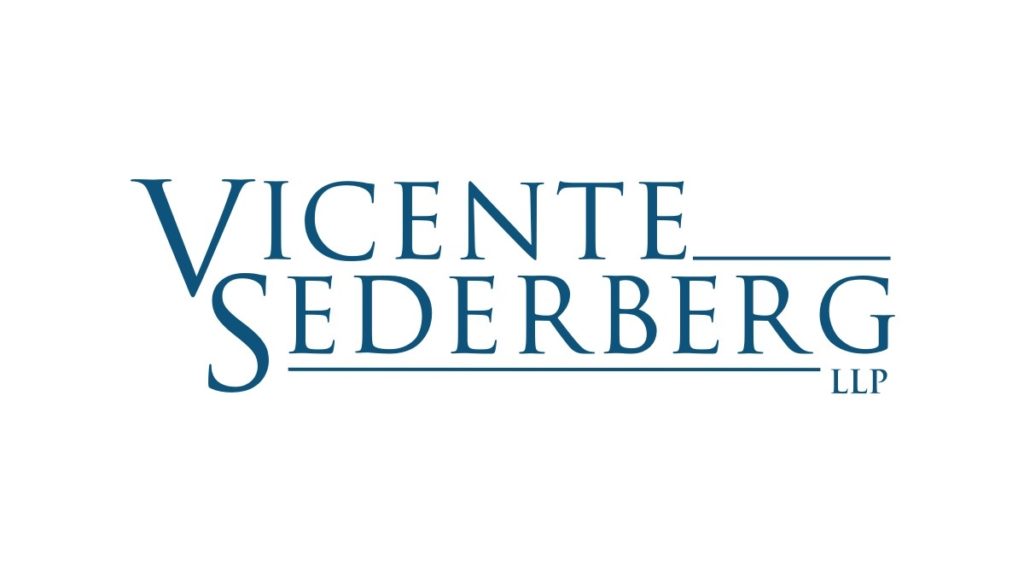. But now, five years in, the Commonwealth has seen the most significant growth in both the number of businesses and sales, and the market continues to expand and provide new opportunities.
In September 2021, the Cannabis Control Commission reported that the Massachusetts recreational marijuana market exceeded $2 billion in gross sales over the first three years, with consumers spending $1.2 billion on adult-use marijuana and marijuana products in 2021 alone.
From the beginning of 2020 to mid-October 2021, the number of final licenses issued by the Commission for adult-use marijuana establishments jumped from 98 to 365.
In early 2020, the cost of wholesale marijuana flower could exceed $4,000 per pound, whereas the average wholesale price of flower in Massachusetts as of October 2021 was approximately $3,591 per pound.
Consumers now have far greater access to adult-use marijuana and a wider variety of strains and available products than a few short years ago.
The growth in Massachusetts is also particularly impressive considering that adult-use retail dispensaries were shut down by order of Gov.
Although contemplated in the initial Ballot Question 4, we have only recently seen progress in developing and expanding home delivery directly to adult-use consumers.
So far, four marijuana courier licensees are currently operational, and one delivery operator applicant has received a provisional license.
While reduced overhead and less burdensome operational requirements likely give delivery operators an advantage over brick-and-mortar retailers, delivery licensees are still required to sign Host Community Agreements with their municipalities, subjecting these businesses—which may already be operating on tight margins—to community impact fees that impact profitability.
As more businesses obtain delivery licenses and commence operations, the Commission and social equity activists alike expect that this exclusivity period will work to ensure that members of communities most affected by marijuana prohibition will have increasing opportunities to participate in and benefit from this new industry.
The Commission reports that the percentage of applicants whose license applications were prioritized or expedited due to their status has steadily increased over time and accounted for 36.7% of total license applicants as of early October 2021.
Like home delivery, social consumption establishments were initially contemplated in Ballot Question 4 and are limited to equity applicants for the first three years.
And while some of the more progressive municipalities—such as North Adams, Amherst, Springfield, Provincetown, and Somerville—have expressed interest in participating in the pilot program, the Commission stated that a change in state law granting municipalities the right to authorize social consumption is necessary before that can happen.
However, as demand and supply for marijuana and marijuana products continue to climb, and as the Commission continues to improve and streamline its regulatory processes, we anticipate that opportunities for individuals and entities seeking to participate in this rapidly growing industry will continue to expand.
Determined and well-financed individuals and entities, and especially social equity participants and applicants, have the opportunity to find success in the market.
This website uses cookies to improve user experience, track anonymous site usage, store authorization tokens and permit sharing on social media networks.
